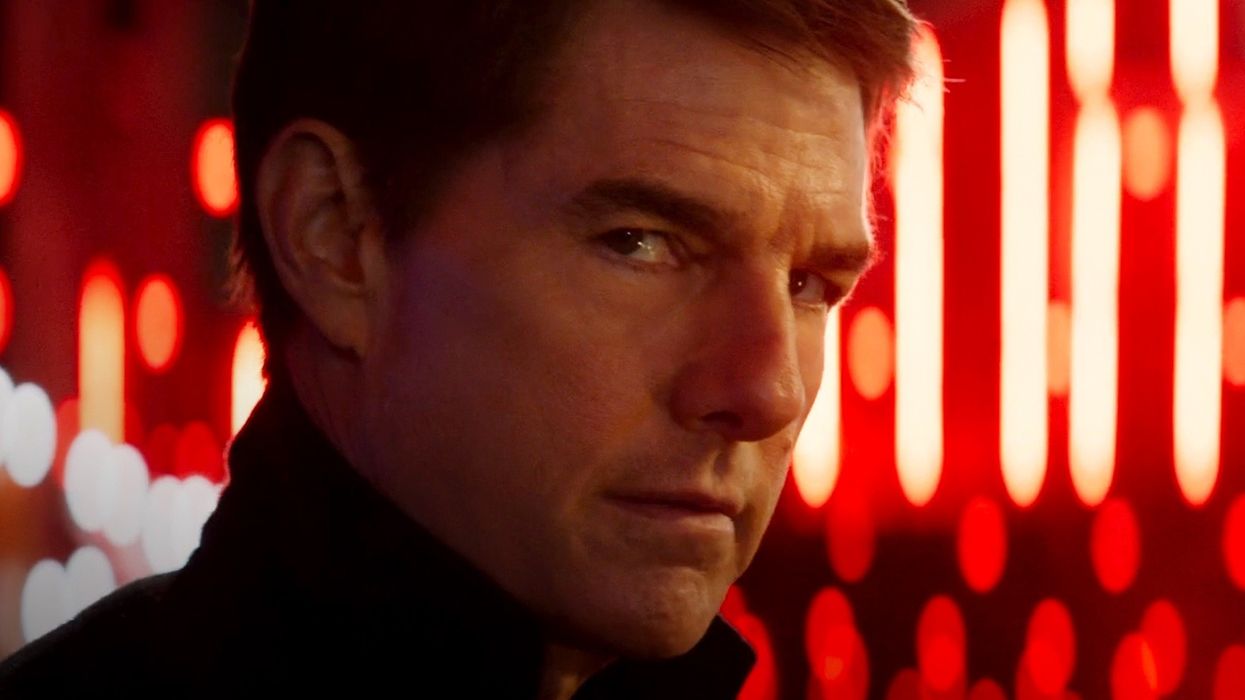How Did Edgar Wright Help Change 'Mission: Impossible – Dead Reckoning Part One' For The Better?
It always helps to do a friends and family screening.

When you're making a movie at any level, there comes a time when you have a cut and need some new eyes. This happens with the little indie you shoot and with the giant blockbuster sequel that's about to take over the summer.
Christopher McQuarrie and Tom Cruise have been an incredible team when it comes to Mission: Impossiblemovies. They've created hits that continue to escalate an exciting franchise and push the boundaries of what we've seen at the movies.
Still, these two are not isolated geniuses. In fact, their collaboration with cast and crew is part of what makes these movies so special. When it came time to screen a cut of the movie, they showcased it to some friends, including writer/director Edgar Wright.

I think this speaks to the confidence McQuarrie has as a filmmaker. He's not afraid to take notes and to tirelessly work to make things better. I think the lesson that we all should get from this is to open ourselves up to that kind of commentary.
In addition, it speaks to the power of a direct note. Wright didn't just say, "I don't get it." Instead, he offered a specific instance of what he thought needed to change that helped propel the work.
Let me know what you think in the comments.
Source: Total Film Magazine













